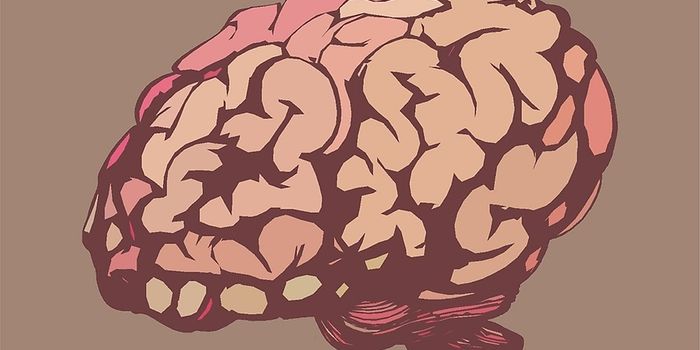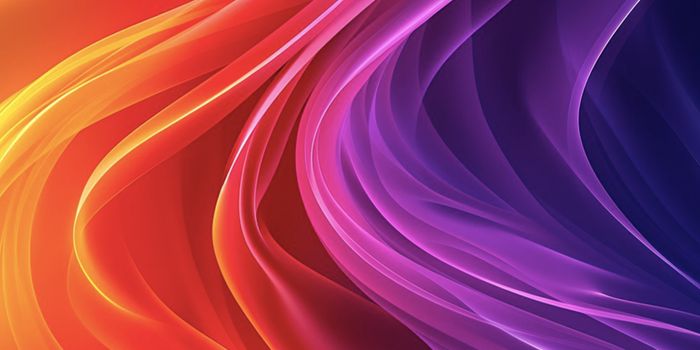Single Dose Ketamine Could Rewire Alcohol, Drug Dependance
Presentation by Tobias Stephenson about previous research exploring ketamine as an addiction treatment.
Researchers at University College London are attempting to use ketamine, most commonly used as a horse tranquilizer or party drug, to reduce the desire to drink of individuals who abuse alcohol. The team tested how one dose of ketamine affects the urge to drink of 90 individuals who usually are heavy drinkers. All 90 participants in the study drank an average of 30 pints of beer each week, more than five times the NHS recommended limit.
Researchers are interested in reprogramming the reward circuit, which to date, has proved elusive and the underlying reason many addicts relapse. Typically, the brain stores memory and a feeling of the situations an individual encounters. Each time that situation is repeated, the associated memory and emotion are vulnerable. The brian reevaluates given new input.
Drugs and alcohol manipulate this circuit by always giving the brain a pleasurable release. As a result, the association of drinking and reward in the brains of addicts is very stable.
However, ketamine disrupts the stability of memory if dosed during the recall process. The hope is to use the chemical vulnerability of feelings to reprogram the reward circuit of heavy drinkers and addicts.
The study was set up by giving subjects a beer that they could drink after completing a simple survey. The survey consisted of were showing the participants pictures of different alcoholic drinks and asked how much pleasure they would get from having that drink. Finally, when the participants completed the survey, the beer was taken away.
At this moment, the feeling associated with the prospect of drinking is vulnerable. The reward circuit is stuck because usually, alcohol equals pleasure reward for the brain.
At this point, subjects were given a dose of ketamine via IV fluid. Ketamine blocks the brain from recategorizing this situation as a fluke.
Researchers followed up with participants' drinking habits ten days after the survey and again at nine months. All 90 participants decreased their drinking habits, but only two participant groups significantly reduced their alcohol intake.
Participants who were not asked to complete the survey, but still dosed ketamine statistically reduced their alcohol intake. Participants asked to complete the memory-recall survey and dosed ketamine, cut their average alcohol intake in half.
Researchers are encouraged that a single memory recall and dosage had such a pronounced effect on participants' alcohol intake. The research team emphasizes that although this study progresses what we know about the brain's reward system and addiction, it is not a clinical trial.
Sources: Das, et. al., University College London, National Health Service








